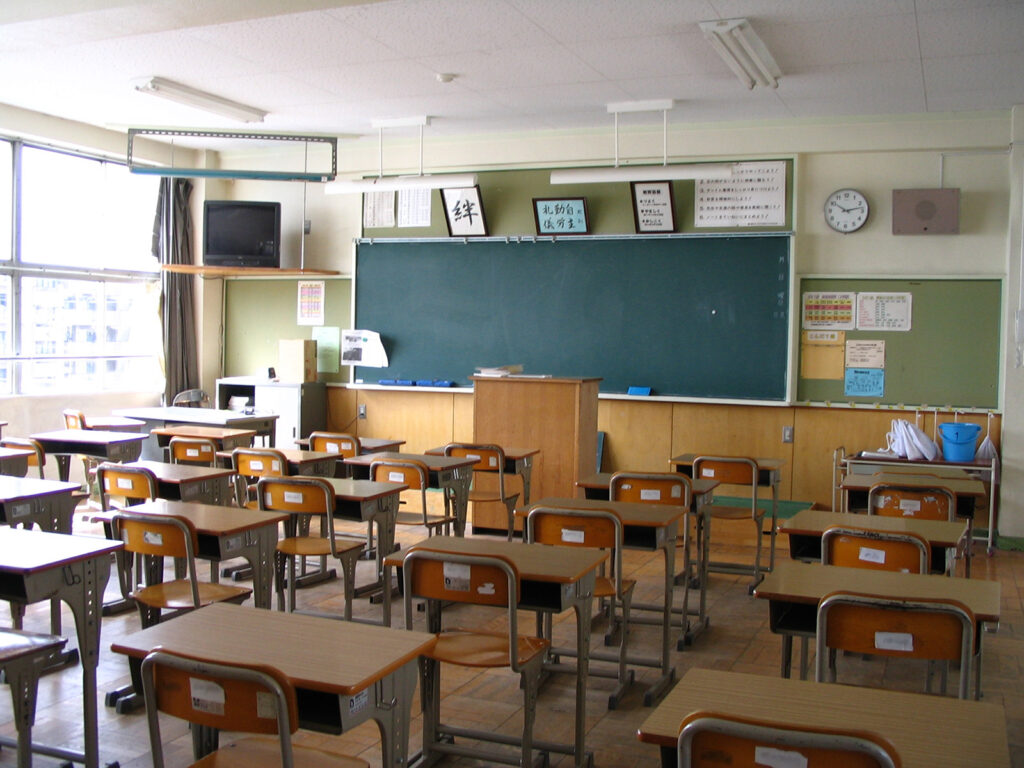The Virginia Department of Education is in the process of crafting guidelines for how sexually explicit material should be handled in classrooms and when parents should be warned.
As reported by wric, the General Assembly passed a law requiring schools to adopt the state’s model policy by Jan. 1, 2023. The guidelines are considered a minimum standard but schools can go further.
Governor Glenn Youngkin’s administration is working to finalize those guidelines following a public comment period, which received 1,749 responses.
Under the draft guidelines, sexually explicit instructional material will be identified before the school year starts. Teachers, principals and division staff “should consider student age, maturity and whether a parent may reasonably consider the instructional content harmful to their child.”
Principals must keep and update a list of these materials by grade and by subject on the school’s public website. They also need to provide written notice to parents at least 30 days before the content is taught.
After reviewing the material, parents can choose to opt out and request an an alternative assignment without their student being penalized.
The law targets instructional material but includes library materials that are used for the completion of an assignment or as part of an academic or extracurricular educational program.
The legislation also specifies that it should not be interpreted as “requiring or providing for the censoring of books in public elementary and secondary schools.”
The purpose of the policy was to streamline parental notification practices statewide but some fear there will still be a patchwork. Stakeholders on both sides raised concerns during the public comment period that the policy is vague, potentially giving schools too much flexibility on what sexually explicit content should and should not include.
The definition cited in the law references bestiality, nudity, sexual excitement, sadomasochistic abuse, coprophilia, urophilia, or fetishism.
Stephanie, a mother of four who didn’t want to use her last name, said the policy emphasizes parent choice.
“The parents that I talk to absolutely are grateful for this because they feel like they should be able to make that decision for their child,” Stephanie said.
Stephanie said she would be uncomfortable with schools addressing certain topics, including those involving the LGBTQ+ community.
“I’m a Christian and we raised our children in Christian home and I feel like that is the guidelines that we would want to discuss those topics with our children. So yeah, that’s a concern,” Stephanie said.
How do you feel about the changes proposed the Department of Education is proposing? Do you feel this might limit free speech, like some groups believe, or do you think this is the right way to go for parents?

